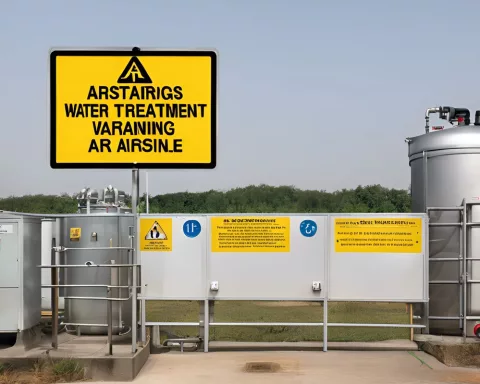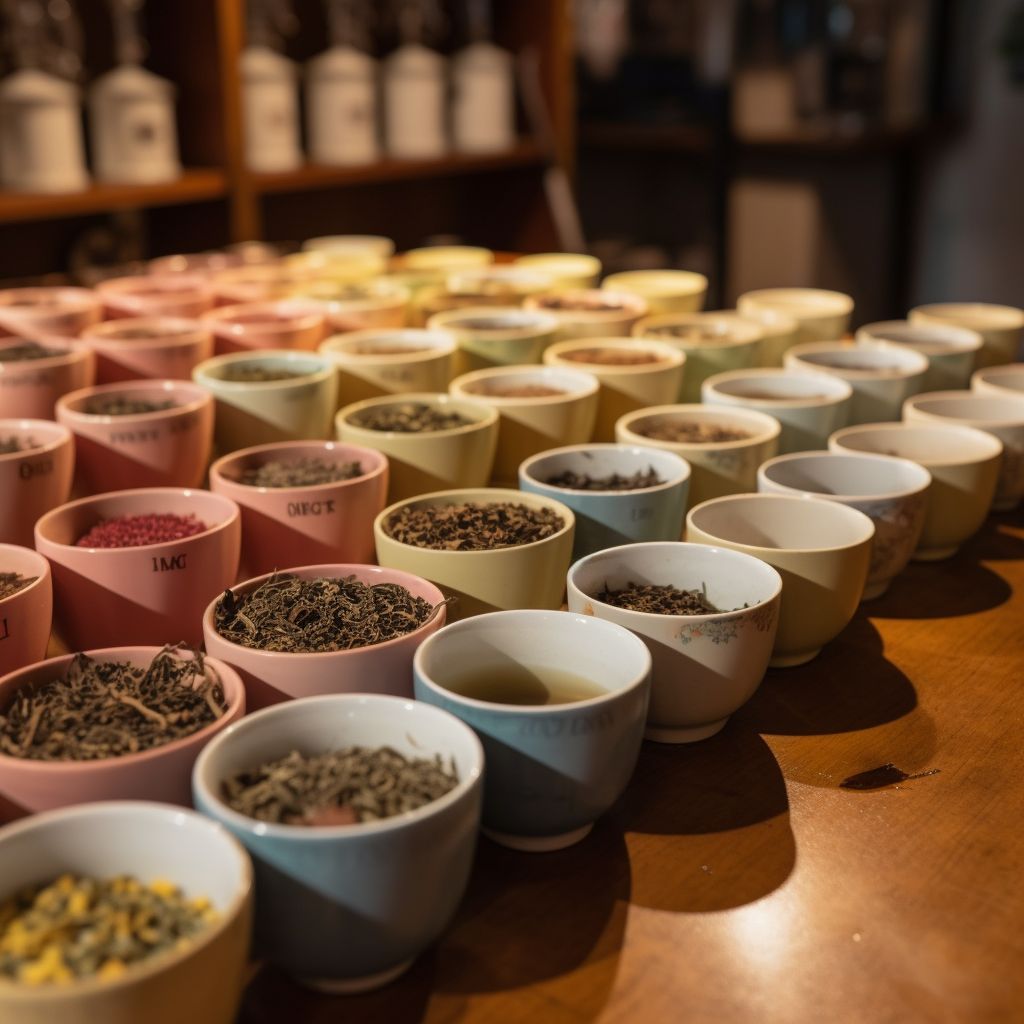South Africa is currently facing an unexpected outbreak of mumps, a viral infection that primarily affects children between the ages of five and nine. The National Institute for Communicable Diseases (NICD) has confirmed the outbreak, which has highlighted the need for improved disease surveillance and access to vaccinations.
Mumps: Causes and Symptoms
Mumps is a viral infection that causes parotid and salivary glands to swell, leading to discomfort and pain. Although mumps is typically a mild childhood ailment, vaccination can prevent it. Individuals who have mumps are generally protected for life; however, there are rare second occurrences.
The Mumps Situation in South Africa
In 2002, the World Health Organization (WHO) reported only 24 cases of mumps in South Africa. However, inconsistencies in mumps epidemiology have plagued the region due to mumps not being classified as a notifiable medical condition (NMC) and its exclusion from formal surveillance programs.
Since February 2023, the NICD has received numerous queries regarding potential mumps outbreaks in various provinces. As a result, the organization conducted an ad hoc surveillance activity by analyzing national public sector laboratory test data for mumps PCR positives and IgM positives from 2013 to the present. The analysis revealed an unanticipated, steady increase in positive mumps tests, particularly in the KwaZulu-Natal, Mpumalanga, and Gauteng provinces.
Implications of the Mumps Outbreak
In countries where the mumps vaccination is universally available, public health authorities typically recommend an additional dose of the measles, mumps, and rubella (MMR) vaccine during an outbreak. Unfortunately, the MMR vaccine is not universally available in South Africa, which has likely contributed to the spread of the disease.
The mumps outbreak in South Africa highlights the need for a more robust surveillance system and improved vaccination access. By not classifying mumps as an NMC and excluding it from formal surveillance programs, the country has left itself vulnerable to the current epidemic.
Prevention Measures
Public health authorities should consider implementing strategies to increase vaccine availability and uptake, particularly during outbreaks. This may include targeted vaccination campaigns, educational initiatives, and partnerships with local healthcare providers to reach at-risk populations.
In addition to efforts at the national level, individuals can play a role in preventing the spread of mumps by practicing good hygiene, such as handwashing, and avoiding sharing drinks or personal items with others. In addition, those who suspect they may have contracted mumps should seek prompt medical attention to receive appropriate care and reduce the risk of transmitting the virus to others.
In conclusion, the mumps outbreak in South Africa serves as a reminder of the importance of active disease surveillance and vaccination efforts. By improving access to vaccines and strengthening epidemiological data collection, the country can better protect its population from infectious diseases and mitigate the impact of future outbreaks. In addition, it is crucial to raise awareness about prevention methods and the importance of vaccination to control the spread of mumps.












